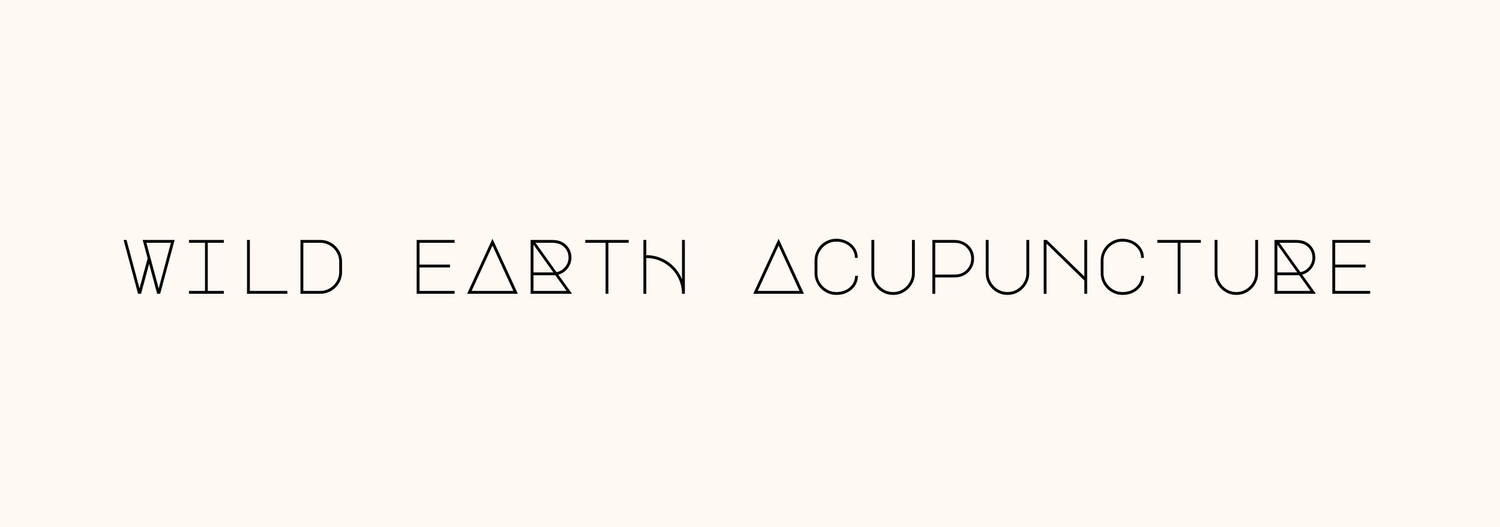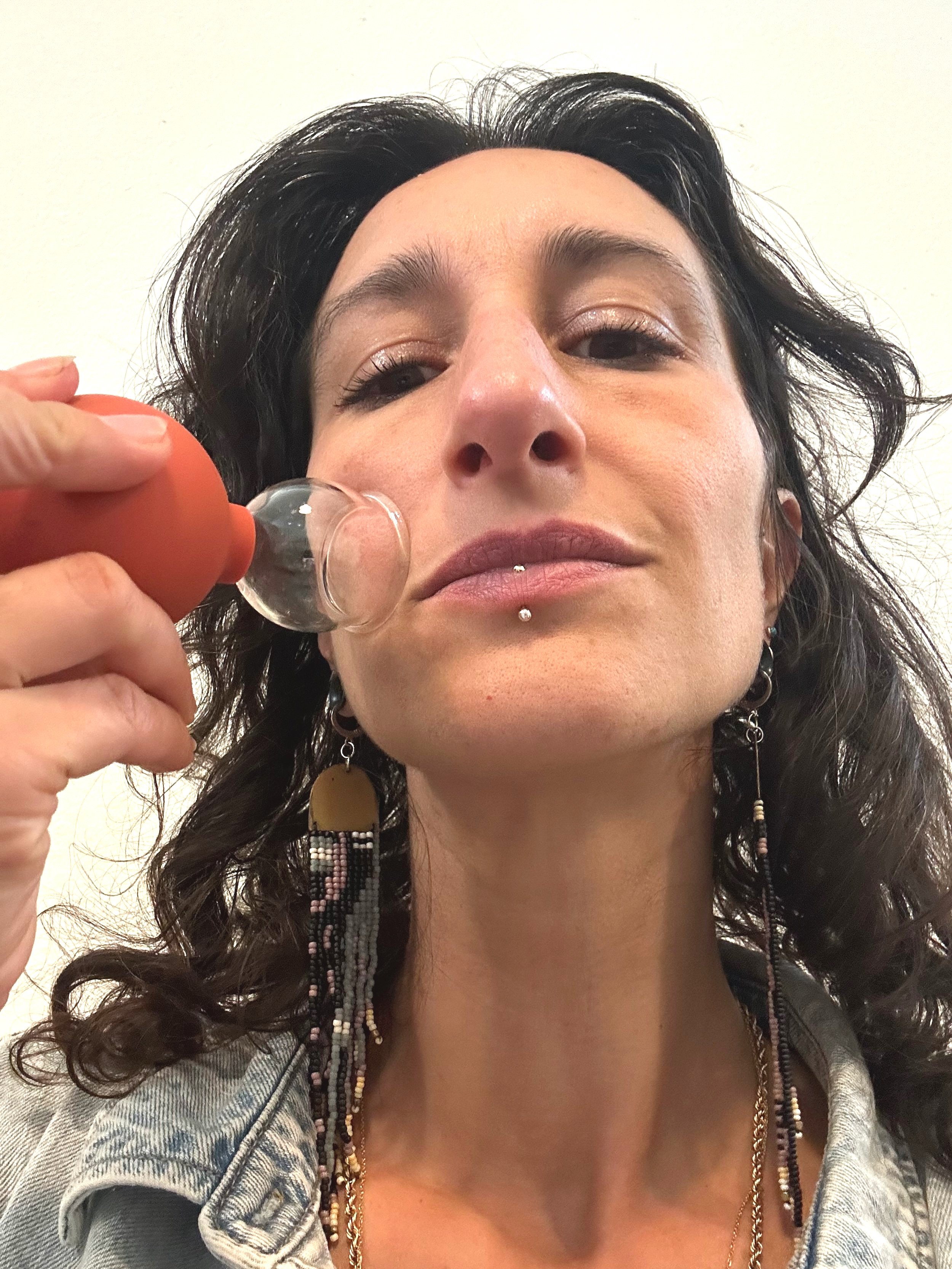Harmony in a Fast-Paced World, Embracing Herbal Medicine in the Age of Instant Gratification
How can herbal medicine thrive in today’s instant gratification society?

In our age of instant updates and on-the-go living, where every moment is documented on social media and convenience is king, the concept of herbal medicine might seem like a relic from a slower time. However, as our society becomes increasingly intertwined with the benefits of both Western and Eastern philosophies, herbal medicine is making a resurgence, offering a holistic approach to health that transcends the limitations of instant gratification.
In a world dominated by smartphones, microwaves, and fast food, we've become adept at streamlining our lives for efficiency. While this mindset has undoubtedly brought about incredible advancements, it has also disconnected us from the anticipation and thrill of waiting. The integration of Traditional Chinese Medicine (TCM) into Western cultures is emblematic of a paradigm shift towards a more balanced and integrated approach to health.
The recognition of acupuncture and herbal medicine in the majority of U.S. states signifies a growing acknowledgment of the efficacy of herbal remedies. With approximately 20,000 licensed practitioners and a rising number of TCM schools, herbal medicine is finding its place in a society that is beginning to appreciate not only its effectiveness but also its ability to address health on multiple levels, including the physical, constitutional, and even spiritual aspects.
Unlike the pharmaceutical approach, which often focuses on symptom-based treatment and can lead to harsh side effects, herbal medicine takes a more integrated philosophy. TCM recognizes the three layers of expelling disease, constitutional treatments, and addressing spiritual imbalances, providing a more comprehensive approach to healing. The effectiveness of herbal formulas lies in their ability to treat the root cause of a person's ailment rather than merely masking symptoms.
While some may argue that they are too busy with the traditional preparation of herbal teas, TCM offers convenient alternatives such as tea pills and granulated herbs, making it easier for individuals to incorporate herbal remedies into their fast-paced lifestyles. Tea pills, in particular, are simple to swallow and convenient for everyone, from children to the elderly. In a society accustomed to quick fixes and pill-popping, herbal medicine stands out as a thoughtful and sustainable alternative. Rather than suppressing symptoms, herbal remedies work on pattern differentiation, addressing underlying issues that may take longer to resolve but result in more nourishing and enduring well-being.
As the natural health movement gains momentum, people are becoming more aware of the impact of lifestyle, dietary choices, and relationships on their overall health. Herbal medicine is not just a quick fix; it encourages individuals to adopt lifestyle changes that promote optimal well-being. Studies suggest that those who take the time to focus on their health are more emotionally mature and better equipped to handle stress.
In our society of instant gratification and rapid transportation, the need to shift our focus to purification and alignment with the natural world has never been more apparent. Traditional Chinese herbal medicine, with its emphasis on slowing down and recognizing natural laws, provides a path to healing that aligns with the pace of the natural world. As our fast-paced society continues to seek balance and well-being, herbal medicine emerges as a prevailing force, offering a bridge between the instant and the enduring, ultimately paving the way for a healthier and more harmonious future.
Resources
National Certification Commission for Acupuncture and Herbal Medicine. http://www.nccaom.org
Learn about Kidney Yang Deficiency in Traditional Chinese Medicine, including signs, symptoms, food choices, and lifestyle tips to restore balance and vitality. Discover a warming recipe to support Kidney Yang health.
Discover how acupuncture can calm your mind, balance your body, and support lasting relief from anxiety. Learn what to expect in a session, how it works, and why more people are turning to this natural solution for modern-day stress.
Read along for some simple tips to align with the Springtime.
This article explains the Liver Organ System in Chinese Medicine.. and goes into detail about its functions and importance upon governing the smooth flow of Qi, and hence overall well-being.
This article explains the importance of the fascial network and ways to access it for better health.
This article explains how to perform moxa safely at home.
Intro to Red Light Therapy (RLT) and its benefits when used in conjunction with acupuncture.
This article explores the mind-body connection in Chinese Medicine, a concept known as the Shen. It helps explains the 5 aspects of the Shen and their links to Organ Systems and meridians.
Product Review of Dose for your Liver, a tasty herbal elixir.
Traveling the world with children is such a rewarding experience, albeit sometimes stressful. Being prepared with natural remedies and a proper first aid kit is essential!
In this article, we dive into the essence of the San Jiao and its significance as three distinct divisions, and one complete system, of the body.
This article explores what Chinese Medicine teaches us about aging gracefully, and the important role of food, herbs, and exercise in maintaining vitality and well-being as we age.
Spleen Qi Deficiency is a very common imbalance in Chinese Medicine. This article explains what that means, and what to do about it. It offers lifestyle suggestions as well as food choices, while giving an extensive overview of the theory attached from TCM.
The Stomach Bug can be quick and dirty. Here are some natural options to help soothe.
The Elimination diet is the “gold standard” when it comes to figuring out food sensitivities. This 3-5 week protocol can help you make individualized health choices to optimize your digestive function.
Looking for ways to incorporate herbs into your daily life? This article gives some of the most common, and delicious, food grade herbs to help improve your health and your cooking!
Discover how Traditional Chinese Medicine uses tongue diagnosis to reveal imbalances in Qi, Blood, and Organ health.
Cupping therapy is an amazing and feel-good modality that can help a wide variety of aliments. Read on to learn more.
The Large Intestine is an important Organ System of the Metal element in TCM. Read on to learn more about its significance and role in keeping you healthy and balanced.
This delicious snack is vegan, paleo, gluten-free, and AMAZING! It is very versatile and full of protein to keep you energized and feeling good! Check out this article for an easy recipe.
Explore ways to make your bath more ritualistic and healing through herbs, salts, and scents.
In this article, we will explore how natural medicine techniques, herbs, and Chinese medicine can be incredibly useful for children's health.
NORA tea, a popular herbal blend of Nettles, Oatstraw, Red Raspberry Leaf, and Alfalfa, offers unique benefits, making this tea an ideal choice for late-term pregnancy and postpartum recovery.
This article explores the nutritional principles of TCM and how they can be applied to support fertility naturally.
Facial cupping is a gentle, non-invasive technique that uses suction to improve circulation, boost collagen production, reduce puffiness, and promote a glowing complexion without leaving noticeable marks.






























This article explains the transformative power of the CHIRP Wheel, a unique spinal relief tool designed to prevent excess pressure on the spine while targeting muscles on both sides of your neck and back. It also offers simple steps for a safe and effective experience!